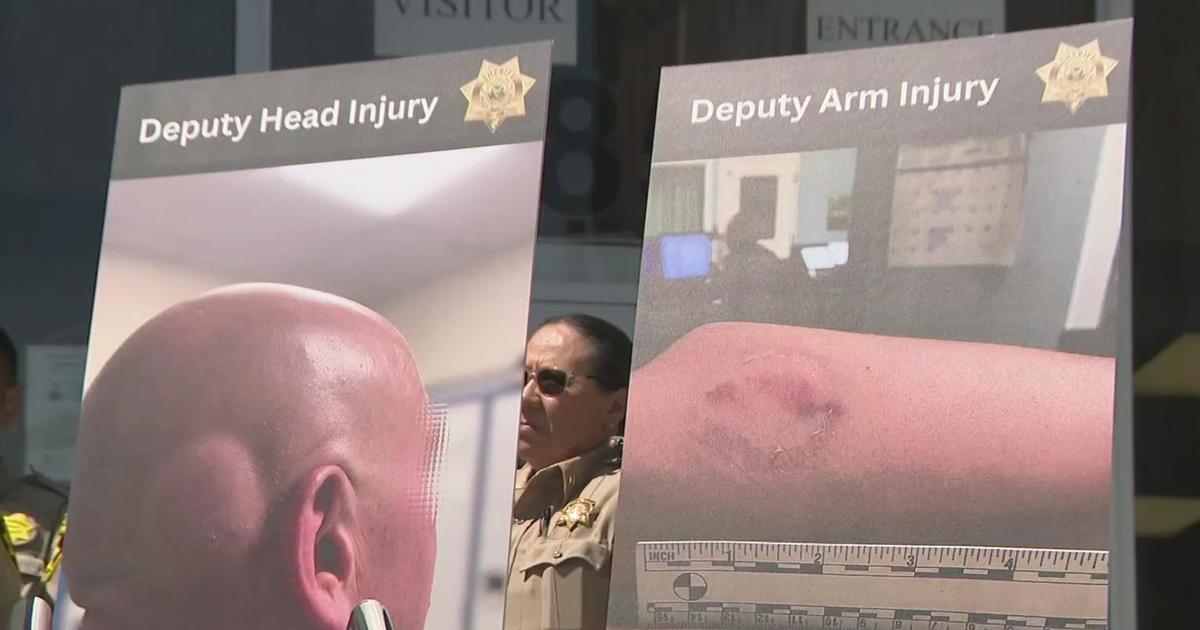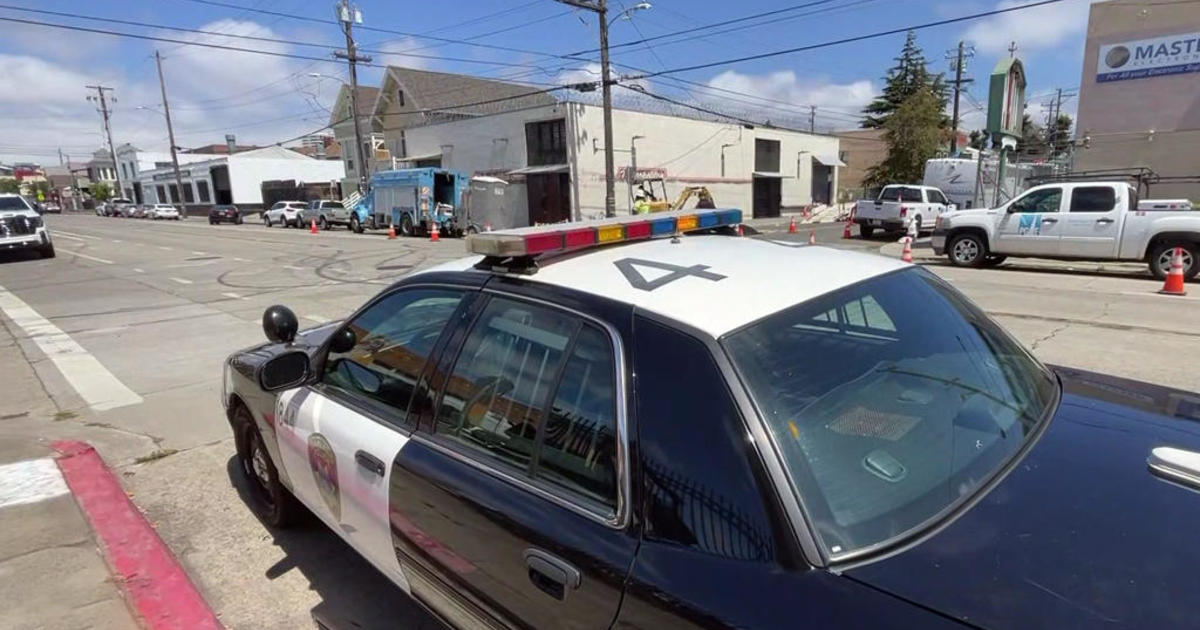COVID: Marin Health Officer Says Widespread Vaccination Has Kept Deaths, Severe Illness Down Amid Delta Surge
MARIN COUNTY (CBS SF) – Though COVID-19 cases are once again on the rise in Marin County, there are a few key differences between this surge and the last: more vaccines, less deaths and less severe illness.
In a county Board of Supervisors meeting Tuesday, Marin County Public Health Officer Matt Willis presented new statistics and took questions on vaccines, testing and schools reopening.
The county is well into its fourth wave of COVID-19, Willis said, primarily driven by the more contagious delta variant and unvaccinated residents of the county. However, there are only 11 COVID-19 patients in county hospitals. The last time cases were this high, there were about 45, Willis said.
After first appearing in the county in mid-April, the delta variant has swiftly risen to become responsible for 100 percent of tested samples from July 11 to Aug. 1, Willis said. Though the federal Centers for Disease Control and Prevention say the delta variant is about twice as transmissible than other strains due to a greater number of virus particles and longer infectious period, it hasn't been shown to cause more severe illness.
All forms of COVID-19 continue to post a danger to unvaccinated individuals, but Willis said vaccinated people continue to only experience mild, if any, symptoms despite the spread of the delta variant.
Acquiring immunity through having previously been exposed to COVID-19, on the other hand, isn't as successful. Being infected can result in different amounts of the virus, Willis explained, resulting in "wildly different" rates of antibodies. That variance can result in differing levels of immunity, while the vaccine provides an equal dose every time, he said.
Though 94.2 percent of county residents over 12 have received at least one dose and 87 percent are fully vaccinated, hesitancy remains, particularly among Black residents. Currently, 20 percent of Black residents in Marin have yet to receive a single dose of the vaccine, but Willis told the board that vaccination rates among Black residents rose at the highest rate last month, compared to other ethnicities.
Getting vaccinated is especially crucial during the new rise in cases, Willis stressed, as unvaccinated people make up 95 percent of hospitalizations and 100 percent of deaths in the county.
One of the biggest populations of unvaccinated residents in the county is children under 12, who continue to be ineligible for the vaccine. That has become a particular concern heading into the 2021-2022 school year, which is slated to be fully in-person.
A cornerstone of keeping schools safe while in-person is establishing public health liaisons within schools who meet weekly to discuss questions and challenges, Willis said. Students are also required to wear masks indoors and undergo testing if they experience COVID-19 symptoms.
In public comment, residents voiced concerns about whether the vaccine could cause long-term health effects and the efficacy of at-home testing.
In both situations, Willis cautioned residents not to let perfect be the enemy of good.
Though it's impossible to know whether there might be any long-term effects given the recency of the vaccine, Willis said data collected through the U.S Department of Health and Human Services' Vaccine Adverse Event Reporting System has not shown any serious concerns despite nearly 200 million Americans having received at least one vaccine dose.
The risk is especially low compared to the likelihood of contracting and suffering serious symptoms from COVID-19 without the vaccine.
Willis also said that at-home rapid antigen testing, such as the BinaxNOW COVID-19 test, are still powerful tools despite some concerns over efficacy. Rapid antigen testing is less sensitive to individuals with lower levels of virus, occasionally resulting in false negatives. However, Willis said that infectious people, as well as ones who have contracted the delta variant, have higher levels of virus, making the tests an effective way to quickly gauge infectivity.
The nose swab polymerase chain reaction tests performed in laboratories are still the best available option, Willis said, and are available through community testing sites and health care providers. Due to high demand, appointments for PCR testing in Marin County are required or strongly encouraged.
Willis closed out with a message to residents who may see rising case numbers as a critique of the vaccines' effectiveness. With more and more cases among unvaccinated individuals and even some vaccinated individuals, Willis stressed the importance of the preventing serious illness and death by getting vaccinated.
"We acknowledge and recognize that people who are vaccinated are being infected and can infect others, but in fact that's a reason for everyone to get vaccinated," he said.
Residents can learn more about Marin County's response to COVID-19 and monitor data including cases, hospitalizations and vaccines by visiting https://coronavirus.marinhhs.org/.
© Copyright 2020 CBS Broadcasting Inc. and Bay City News Service. All Rights Reserved. This material may not be published, broadcast, rewritten or redistributed.



